Food for Thought
Digging deeper into Iowa agriculture.
Food for Thought provides a closer look at Iowa agriculture and food supply through the eyes of award-winning journalists, authors and scientists. By inviting thought leaders in food and agriculture to visit Iowa farms and lead thought-provoking conversations, the event challenges perceptions and encourages open discussion.
Food for Thought Event Highlights
Dr. Alison Van Eenennaam
Alison Van Eenennaam, Ph.D., is a cooperative extension specialist in the field of animal genomics and biotechnology in the Department of Animal Science at University of California, Davis. She is dedicated to providing research and education on the use of animal genomics and biotechnology.
During the event, she shared how “fake news” and misinformation can harm innovation and sustainability of agriculture. Read highlights from her Food for Thought presentation on the sweet spot of sustainability.
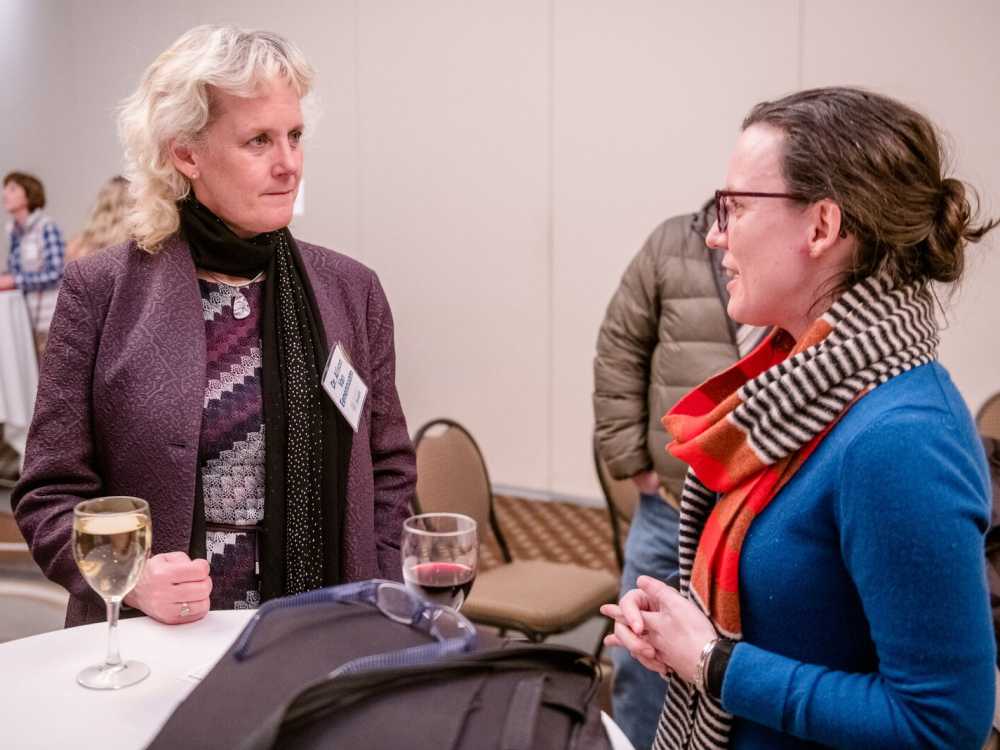
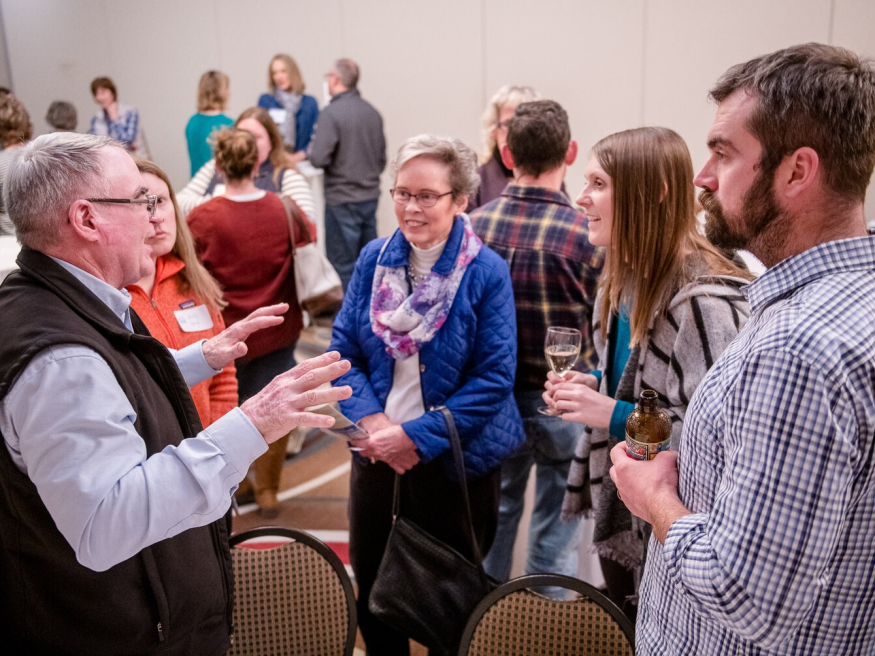
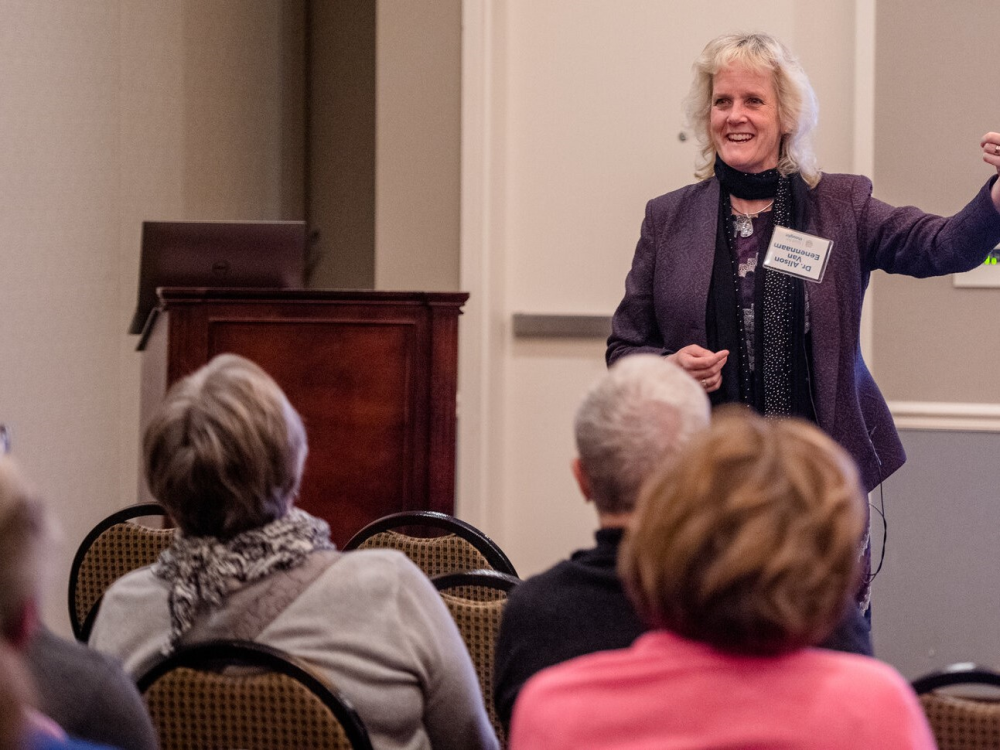
Tamar Haspel
Tamar Haspel is an award-winning journalist and Washington Post contributor. During her visit to Iowa, she toured a variety of Iowa farms and agribusinesses. Her journey offered valuable conversation and perspective for consumers and farmers nationwide. Read highlights from her visit and presentation at Drake University.
"I write about food and agriculture; but there's a difference between reading about it or understanding it in an intellectual way, and being on someone's farm and talking to someone who is the steward of the farm. It's a layer of understanding you can't get until you put your boots on and go out in the fields," says Tamar Haspel, award-winning journalist and Food for Thought participant.
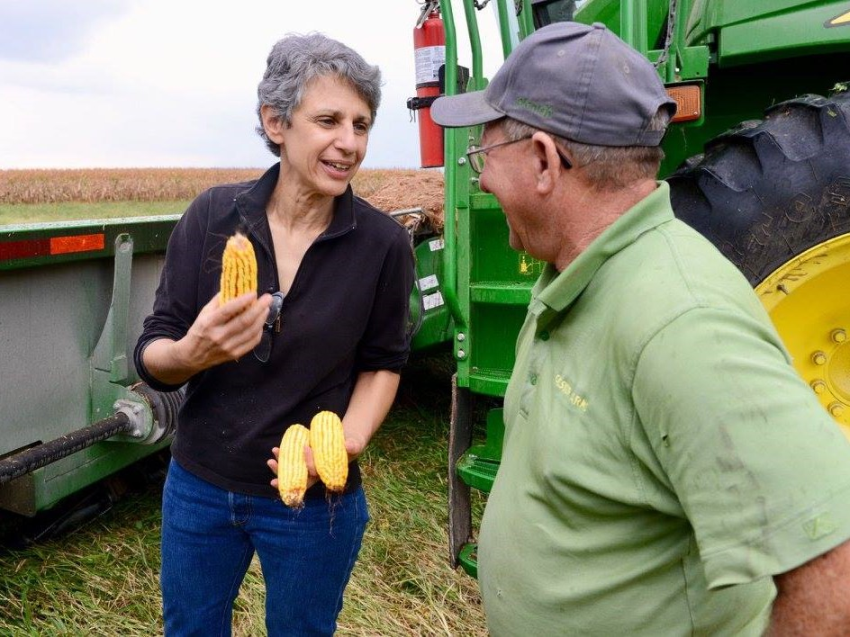
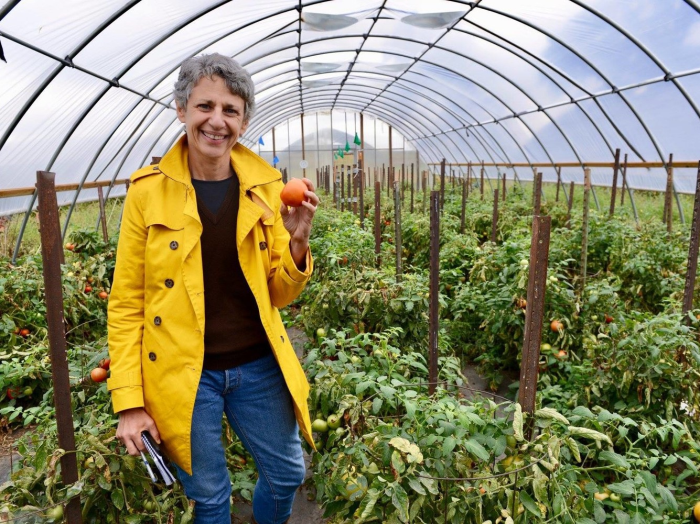
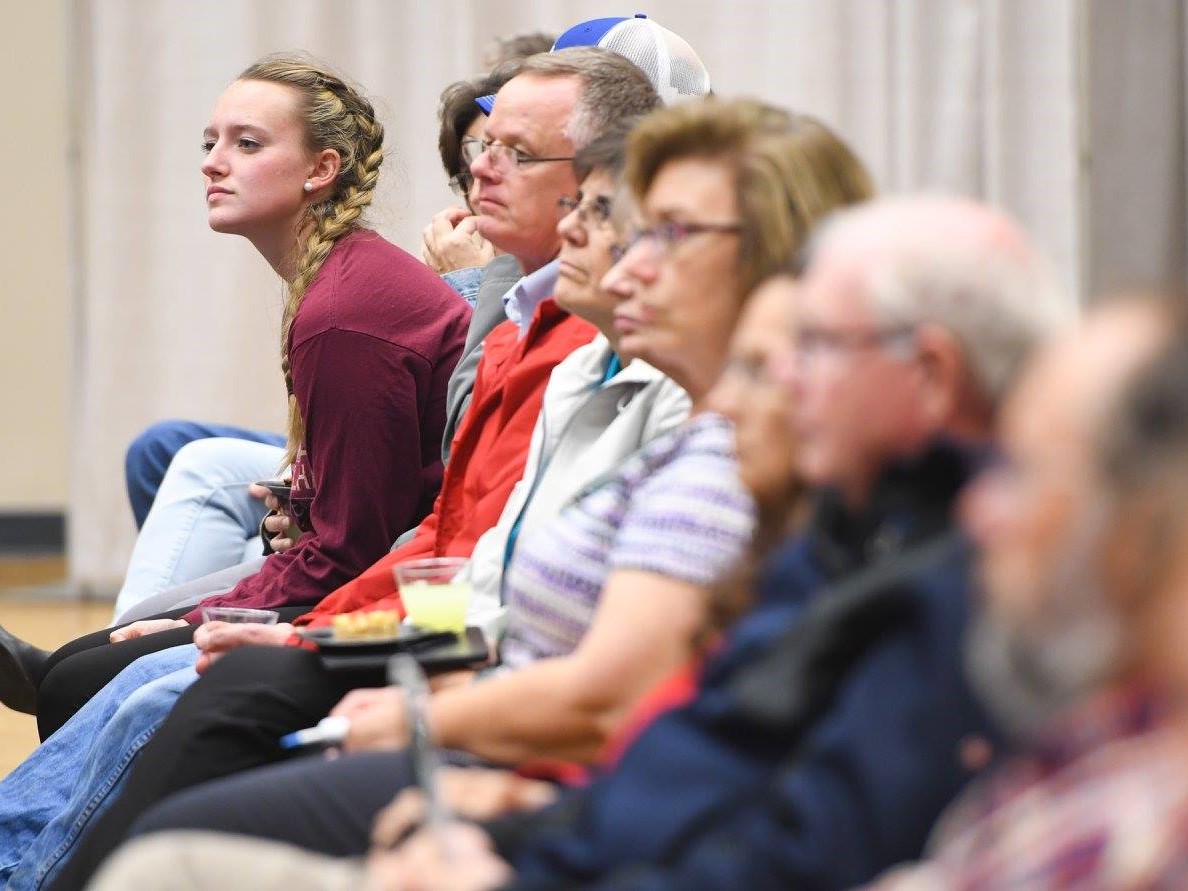
Tamar has been writing for nearly two decades and has covered a variety of food and science issues, including biotech, pesticides, food additives, antibiotics, organics, nutrition and food policy.
In addition to a professional interest in food, she has a personal passion for staying connected to the food supply. Tamar and her husband, Kevin Flaherty, raise their own chickens, catch their own fish, grow their own tomatoes, hunt their own venison and generally try to stay connected to the idea that food has to come from somewhere. They also have an oyster farm, Barnstable Oyster, where they grow about 50,000 oysters a year in the beautiful waters off Cape Cod. A former Manhattan native, Haspel revels in the idea that New York diners pay $3 a pop for their product, and she can eat as many as she wants
Jayson Lusk
Jayson Lusk is a food and agricultural economist and author from Oklahoma State University. During his time in Iowa, he spoke to a crowd at Iowa State University and the Iowa Grocers Iowa Grocery Industry Association Convention in Okoboji, sharing his perspective on countering criticism of conventional agriculture.
“The research shows that guys like me, academics like me, can get up and give people all kinds of statistics and people roll their eyes, and that statistics do not convince people,” Jayson Lusk told a group of producers and ag advocates during a presentation at Iowa State University. “Often logic doesn’t convince people. What really convinces people are stories.”
Nathanael Johnson
Nathanael Johnson is a food writer for Grist, former editor at Meatpaper and author of All Natural and Unseen City. During his time in Iowa, Nathanael led conversations about food, the realities of farming and use of technology.
“Seek first to understand. Identify the fundamental values of the people you want to engage, agree on them and then look to achieve what you both care about,” he says during his Food for Thought presentation.